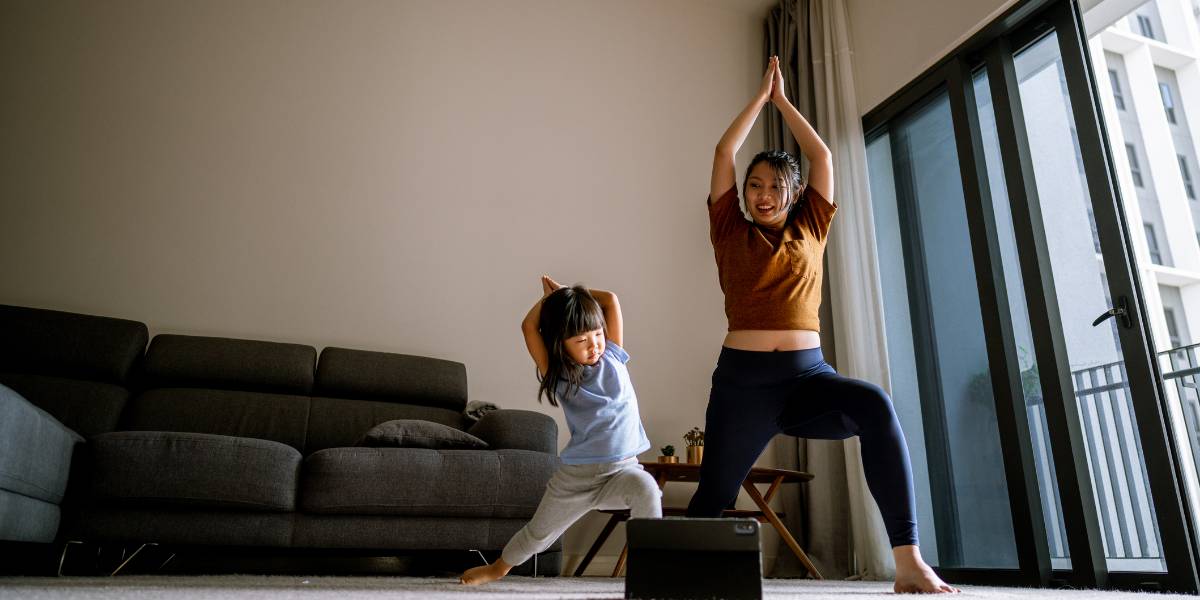Children who exercise regularly could see improvements in their mental health and behaviour, according to a new study.
The findings show a link between regular moderate to vigorous exercise at age 11 and improved mental health between the ages of 11 and 13.
It has led to experts saying that support for adolescents to enable them to lead healthier lifestyles should be “prioritised”.
- Exercise boosts concentration levels and problem-solving skills
- Exercise improves how we feel, think and act, research shows
Data from the Children of the 90s study was examined by a team of researchers from the universities of Edinburgh, Strathclyde, Bristol, and Georgia in the United States.
They pored over data from 4,755 children and found that along with mental health benefits, regular exercise was linked to a reduction in hyperactivity and behavioural difficulties, including temper loss, lying, stealing and fighting.
Professor John Reilly, from the University of Strathclyde, said: “While it might seem obvious that physical activity improves mental health the evidence for such a benefit in children and young people has been scarce, so the study findings are important.
“The findings are also important because levels of moderate-to-vigorous intensity activity globally are so low in pre-teens globally – less than a third achieve the 60 minutes per day recommended by the WHO and UK Health Departments.”
Along with participants answering questions about their levels of depressive symptoms, their families and teachers also provided feedback on the pre-teens’ behaviour and emotional states.
The team also analysed levels of moderate exercise – such as fast walking or cycling – and vigorous activity, things like aerobic dancing, swimming or jogging which increases the heart rate and breathing.
- Exercise promotes health in fruit flies by inhibiting insulin-producing cells
- Labelling food with the amount of exercise needed to burn off the calories: a good idea?:
Their key findings included:
- Greater levels of moderate or intense exercise had a small link with a reduction in depressive symptoms and emotional problems;
- Regular exercise had a small link with a reduction in behavioural issues;
- Regular moderate and intense physical activity could have a small protective role in mental health in early adolescence.
Dr Josie Booth, from the University of Edinburgh’s Moray House School of Education and Sport, said: “This study adds to the increasing evidence base about how important physical activity is for all aspects of young people’s development – it can help them feel better, and do better at school. Supporting young people to lead healthy active lives should be prioritised.”
The Children of the 90s study saw more than 14,000 pregnant women enrolled on to the health research project in 1991 and 1992. It follows the development and health of both the children and their parents.
Read the study in the journal Mental Health and Physical Activity.




